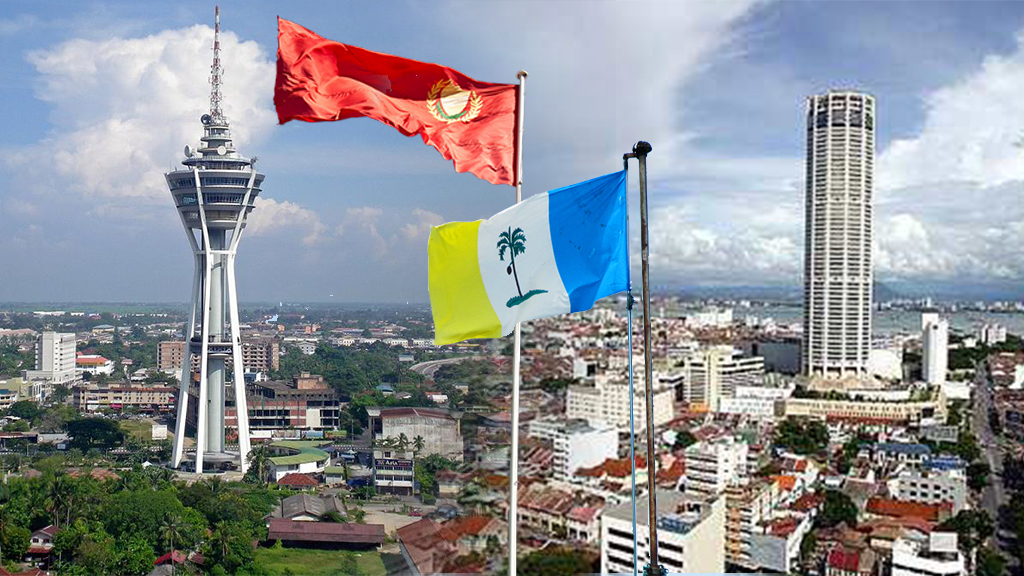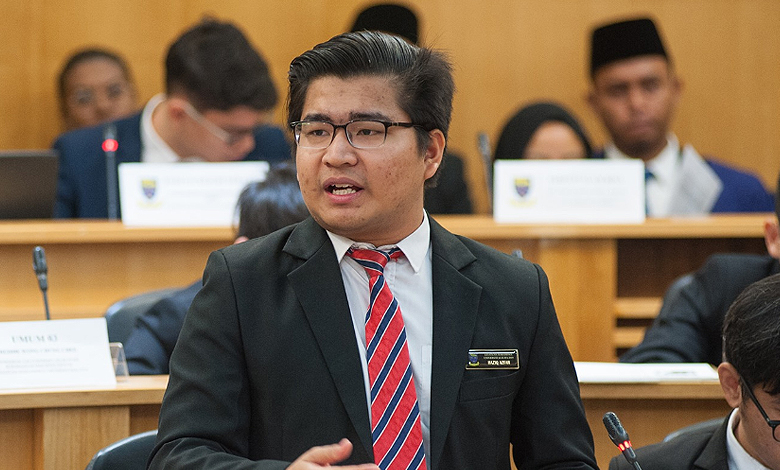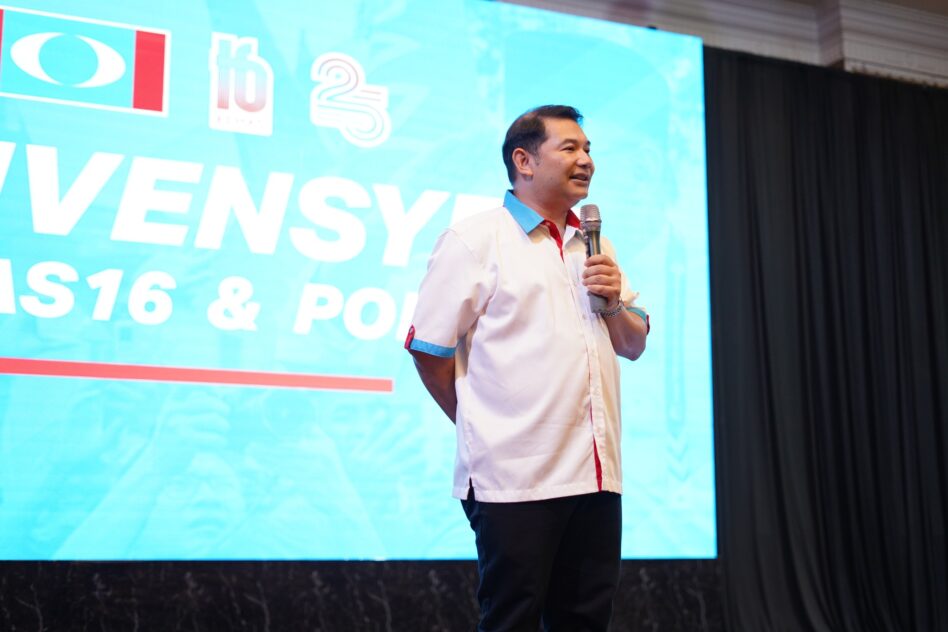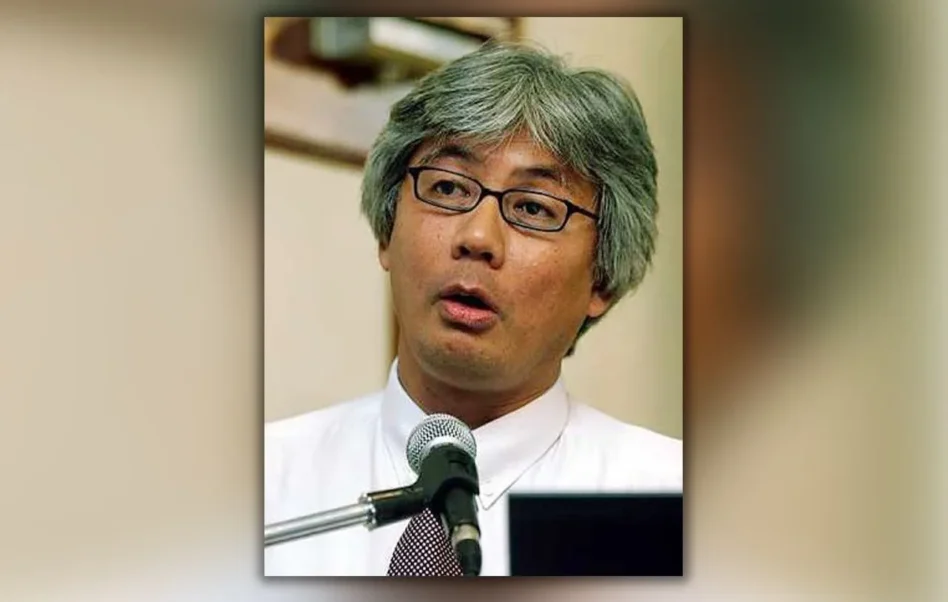ACADEMICIAN Prof Dr Ahmad Murad Merican of Universiti Teknologi Petronas is under the impression that he knows best about early history of Penang and Kedah.
Lately he seems to be going against other interpretations of history of Penang or its relationship with Kedah as something in favour of the colonial regime.
Recently, he took issue with Prof Dr Sivachandralingam Sundara Raja, associate professor at Universiti Malaya’s history department.
Dr Murad refuted Dr Siva by saying that there was no preliminary agreement between Sir Francis Light and the Sultan of Kedah in the former’s exercise of authority over Penang.
Dr Murad is of the opinion that the notion of preliminary agreement alongside the idea that the British occupied Penang with the consent of the Sultan of Kedah is simply a figment of Dr Siva’s imagination.
According to Dr Murad, there was no preliminary agreement with Kedah therefore the occupation was illegal.
Dr Murad suggests that historians like Dr Siva should no conjure something that does not exist in the first place.
But rather than criticise Dr Siva and others who are of the same opinion, he should come up with his own alternative version of history.
Is he saying that the non-existence of the preliminary agreement indicates, among other things, that there was no agreement, verbal or otherwise, between Light and the Sultan of Kedah?
If this was so, what then was the agreement with Kedah and why was Light approached in the first place?
Surely during this period the threat posed by Siam towards Kedah could not be overlooked.
Is Murad suggesting that Kedah was not the vassal state of Siam?
I don’t think that Light annexed the two parts of Penang through the use of military force, but this option was always there.
Colonial expansion depended both on one-sided diplomacy and the potential use of force.
There could have been some understanding with Kedah, whether it was for the British to protect Kedah from Siam or some other reasons.
Those who said that Light was law-abiding must also remember that he was agent of the East India Company (EIC) sent to chart new territories for commerce and trade.
Subsequently, the EIC was turned over to the British government.
This was what happened in India.
The question of legal or illegal does not arise in the first place as the British were hell-bent on acquiring new territories.
It is absurd to apply the modern terms of what was legal and illegal to the British acquisition of Penang.
If the consent from Kedah was something invented, then there is need for a new investigation.
If diplomacy failed, then the power of the gun was used.
Was Kedah under threat from the British to cede Penang?
Kedah might have been the vassal state of Siam, but the control of the latter was not complete.
As in the case of other feudal kingdoms, vassal states often looked for new alliances and opportunities to free themselves from those who controlled and taxed them.
It was clearly logical for Kedah then to seek an alliance with Light to free itself from the hegemony of Siam.
The boundary stone in Pinang Tunggal between the British and Siam clearly illustrates that Kedah was clearly within the control of Siam.
Dr Murad simply cannot refute the argument of others for the mere sake of refutation.
I am interested to know his interpretation of the triangular relationship between the British, Kedah and Siam.
If Dr Murad thinks that he is the only historian who has the facts and understanding about the early history of Penang, then he should narrate it.
He should not belittle others just because he thinks that he is a better historian than others.
There is nothing objective about the history of Penang and Kedah at the time of the British colonial expansion.
History is highly subjective; only interpretations can narrow down the truth.
Recently, he accused someone else for interpreting the history Kedah through the lens of the Siamese authorities.
He warned a member of the Penang Heritage Society of the consequences of such an interpretation.
The subject matter of history is something open to debate and interpretations.
Only through the healthy clash of ideas and thoughts that truth and objectivity can be established.
Certainly, we don’t need historians who are constricted in their thinking. – Jan 1, 2022
Ramasamy Palanisamy is the state assemblyperson for Perai. He is also Deputy Chief Minister II of Penang.
The views expressed are solely of the author and do not necessarily reflect those of Focus Malaysia.









